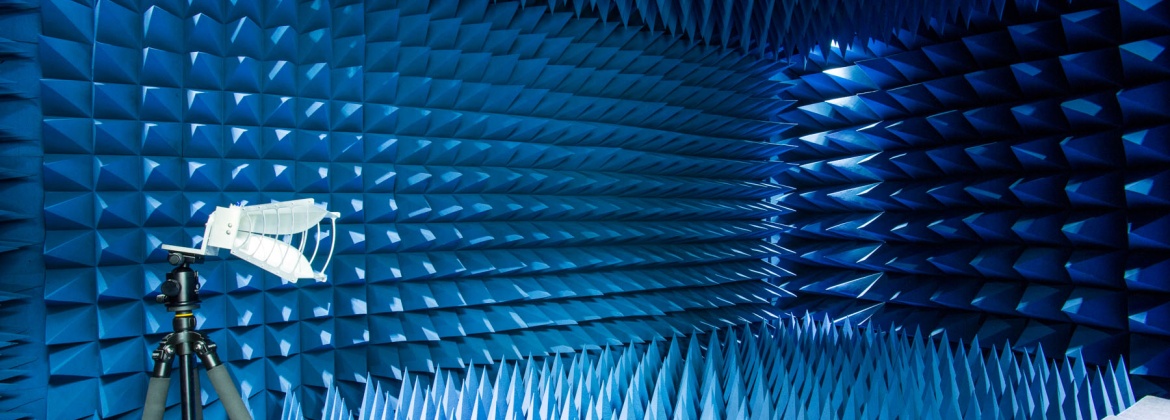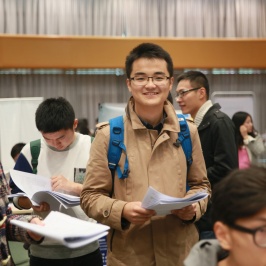
The MRes Low Carbon Electrical Power and Energy Technology programme provides advanced and systematic education and training in the areas of electronic science and technology.
The MRes Low Carbon Electrical Power and Energy Technology programme provides you with advanced and systematic education and training in the areas of electronic science and technology.
Designed in response to the rapid development of electric power and energy technology in China and worldwide, the programme contains modules covering solar converters, wind power systems, energy storage technology and smart grids.
There is a strong emphasis on hands-on experience and practical skills development. A 12-month extensive research project is required which leads to submission of a dissertation after students have finished the taught modules.
This programme also offers XJTLU-JITRI joint supervision pathway which leverage the strength from both XJTLU and the research institutes and leading enterprises of Jiangsu Industrial Technology Research Institute (JITRI) to promote in-depth integration between industry, education and research. Through the unique training model integrating specialised module study, industrial research practice and dual supervision mechanism, we aim to cultivate cross-disciplinary talents who are innovative, application-oriented and with high-level international perspective.
Please click here to find more information about XJTLU-JITRI joint Master education.
By the time you graduate from the MRes Low Carbon Electrical Power and Energy Technology programme, you will have:

The university offers a broad range of activities aiming to enrich master students’ theoretical and experiential learning and professional development. Trainings, workshops and seminars, covering varieties of themes and topics, both generic and subject-specific, are often offered at both university and school/department levels. You may also be provided with opportunities to work as a teaching assistant, research assistant, or intern at XJTLU. Depending on the programme, field trips and company visits may be organized, and invited talks may be given by the industrial experts and professionals. Such activities will not only support you in your programme study, but also develop your personal and professional skills and enhance your overall employability.
Graduates from this programme are well prepared for roles in research and development, particularly in the area of electrical power and energy. Graduates may find employment in positions such as electric power system engineer, electric power system consultant, electrical technology consultant, electric power project manager, and sustainable cities and building design consultant.

